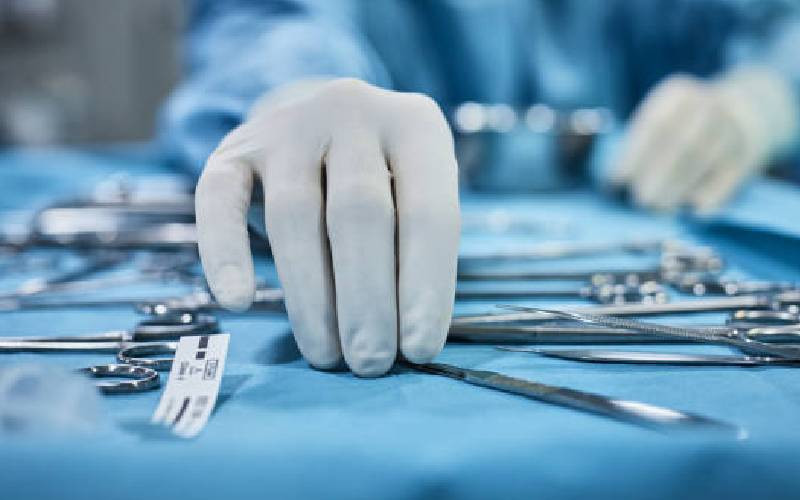
Somewhere, a child's life has been saved or made better today, thanks to a paediatric surgeon. It could be a disability that has been averted and a child has been able to resume school or engage in things that they enjoy. But it is not always easy for medics to provide surgical services to children when and they need it, even in cases where a hospital has proper equipment and human resources.
Take for example a paediatric surgeon at Kijabe Hospital who narrated how he tries to overcome his day-to-day challenges. "Our work is generally challenged by the social disposition of our patients. The mixture of poverty; not just deficiency of money - challenges of access to health and/or education. For example, we recently received a child who had been living with a condition for 14 years.